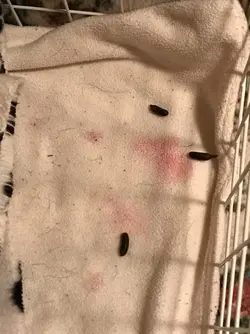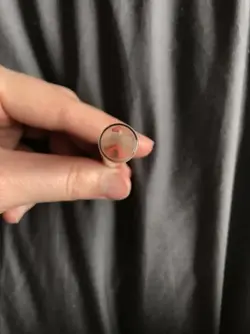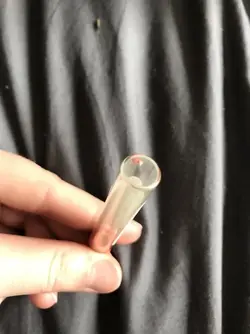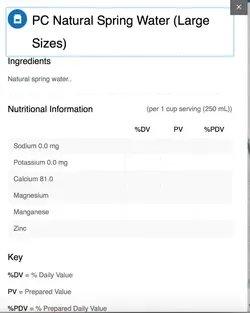Shannon R
Junior Guinea Pig
Hi everyone,
I very stuck on what to do with my guinea pig Spike. We are located in an area were we don't have access to many vets with exotic expertise. I rescued Spike and Marbles(his brother) from the SPCA last April. I started to notice quickly that he hunched while he peed(no noise) and had frequent urination with small amounts, which was unlike his brother Marbles. Long story short, I eventually called a local vet who said she did see a couple guinea pigs. She has been great. We did an x-ray at the time(last fall) and nothing could be seen. We went on to do a trial of antibiotics to see if it was an infection and they did not help so we ended up sending off cultures(had to send across the country). It came back negative. From that time until now we have ended up doing a couple cultures and x-rays, all of which were negative. We also tried gabapentin for possible idiopathic cystitis for Spike continued to hunch with frequent small amount of urine and also started to squeal a bit. Two weeks ago we decided to go ahead and catheterize him to flush out any small stones that would not be seen on x-ray. Two very small stones ended up coming out during that process. He has been on Meloxicam for the past two weeks and was one antibiotics(Baytril/Enrofloxacin) after the procedure for one week. One week post procedure he was still squealing quite badly, hunching up in pain and there was pee in his urine. His urine smells very foul and when he does hunch up you can see spasms of his back end(both with pee and poo)
My vet is at a bit of a lost of what to do next. We think it could be 1) infection from being catheterized and that the bacteria was not susceptible to the prescribed antibiotic 2) there is another small stone that did not come out the first time. My dilemma now is 1)do I do culture and sensitivity(this will take 4 days) or treat prophylactically with antibiotics OR 2)do I go ahead with another catheterization procedure(currently have this booked for tomorrow). I am nervous to wait 4 days for C & S but I am also nervous about re-catheterizing Spike so soon(Last time was April 27th). I have tried to get advice from vets in the next province but they are not allowed to consult to different provinces.
I was wondering if anyone has had anything like this happen and if they have any advice on what I should do next. Thanks!
I very stuck on what to do with my guinea pig Spike. We are located in an area were we don't have access to many vets with exotic expertise. I rescued Spike and Marbles(his brother) from the SPCA last April. I started to notice quickly that he hunched while he peed(no noise) and had frequent urination with small amounts, which was unlike his brother Marbles. Long story short, I eventually called a local vet who said she did see a couple guinea pigs. She has been great. We did an x-ray at the time(last fall) and nothing could be seen. We went on to do a trial of antibiotics to see if it was an infection and they did not help so we ended up sending off cultures(had to send across the country). It came back negative. From that time until now we have ended up doing a couple cultures and x-rays, all of which were negative. We also tried gabapentin for possible idiopathic cystitis for Spike continued to hunch with frequent small amount of urine and also started to squeal a bit. Two weeks ago we decided to go ahead and catheterize him to flush out any small stones that would not be seen on x-ray. Two very small stones ended up coming out during that process. He has been on Meloxicam for the past two weeks and was one antibiotics(Baytril/Enrofloxacin) after the procedure for one week. One week post procedure he was still squealing quite badly, hunching up in pain and there was pee in his urine. His urine smells very foul and when he does hunch up you can see spasms of his back end(both with pee and poo)
My vet is at a bit of a lost of what to do next. We think it could be 1) infection from being catheterized and that the bacteria was not susceptible to the prescribed antibiotic 2) there is another small stone that did not come out the first time. My dilemma now is 1)do I do culture and sensitivity(this will take 4 days) or treat prophylactically with antibiotics OR 2)do I go ahead with another catheterization procedure(currently have this booked for tomorrow). I am nervous to wait 4 days for C & S but I am also nervous about re-catheterizing Spike so soon(Last time was April 27th). I have tried to get advice from vets in the next province but they are not allowed to consult to different provinces.
I was wondering if anyone has had anything like this happen and if they have any advice on what I should do next. Thanks!



